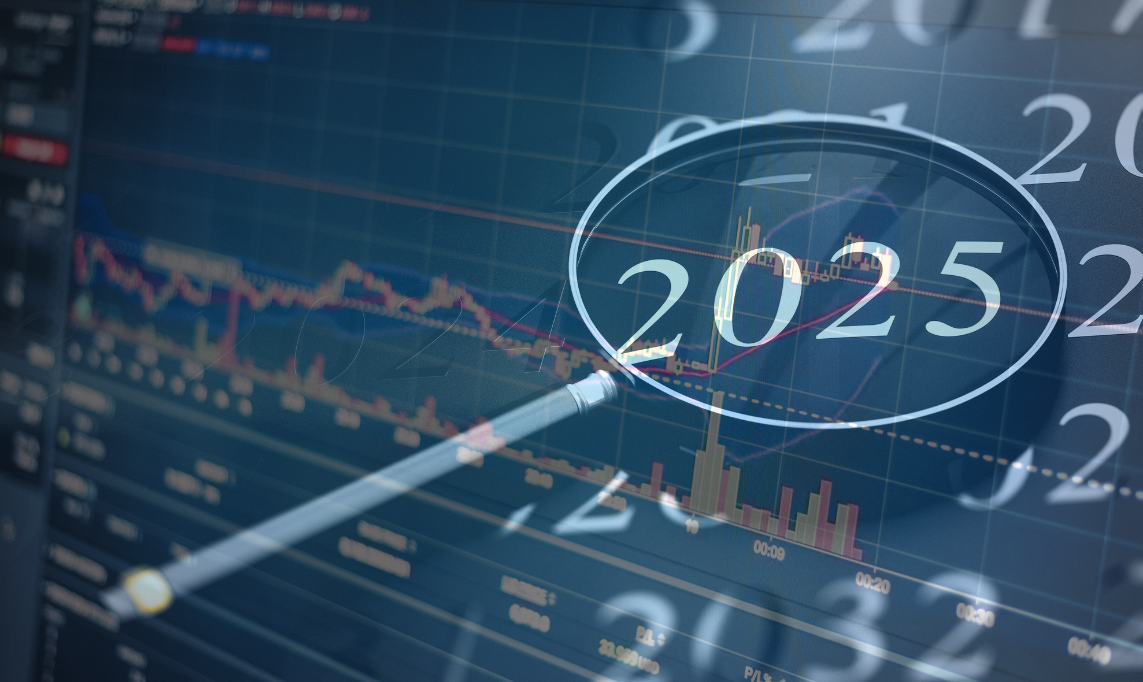This is the case, for example, with Nvidia, which is headquartered in Santa Clara and listed on the Nasdaq technology list: in 2023 its shares gained as much as 239 percent in dollar terms and in a five-year period had a stellar return of more than 1000 percent. The boom on the list is mainly due to the growth in demand for processors produced by the company, which are finding increasing application with the development of generative artificial intelligence.
In general, investors have been scrambling to buy stocks on the Nasdaq. A triple-digit rise has also been netted by other stocks such as those of Palantir Technologies, a company based in Denver, Colorado, that specializes in big data analytics, another area that is experiencing great development thanks to AI. Over the past year, Palantir's stock has doubled in value on Wall Street, gaining 167 percent.
"Artificial intelligence is certainly a long-term trend that will change the way of working even within asset management companies and lead to greater efficiency in investment selection as well," comments Corrado Cominotto, head of Active Asset Management at Banca Generali. "In particular, one field of application where AI will be able to play a key role is in sustainable investments. The vast amount of data available to companies and asset managers will be able to be analyzed much more quickly and accurately, enabling the creation of models that are better able to respond to the challenges imposed by climate change. In addition, better management of data in the area of sustainability will make it possible to arrive at a greater impact of the investments themselves on the environment, and as a result, it is likely that investment flows aimed at Esg issues may increase over the next few years," the expert continues.
 Corrado Cominotto, Head of Active Asset Management at Banca Generali
Corrado Cominotto, Head of Active Asset Management at Banca Generali

/original/Testo+del+paragrafo+%2827%29.png)
/original/Testo+del+paragrafo+%2825%29.png)
